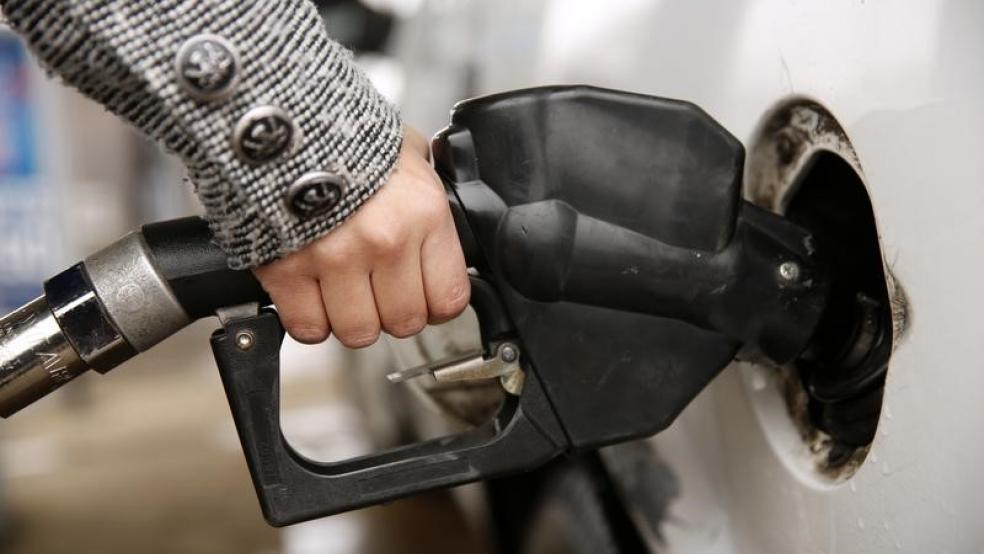The Biden administration announced plans Tuesday to release roughly 1 million barrels of gasoline from the nation’s reserve during the peak summer driving season between Memorial Day and the Fourth of July. The U.S. Department of Energy said the majority of the gasoline (900,000 barrels) would come from a storage site in Port Reading, New Jersey, with a smaller amount (98,824 barrels) coming from a facility in South Portland, Maine.
The release will effectively close the Northeast Gasoline Supply Reserve, which was created in the aftermath of Hurricane Sandy in 2014. Storing the gasoline proved to be more costly than the gasoline itself, and the 2024 government funding package signed into law in March included a provision calling for the closure of the Northeast reserve.
U.S. Secretary of Energy Jennifer M. Granholm said the Biden administration is “laser focused on lowering prices at the pump for American families,” with the release being timed to ensure that “sufficient supply flows to the tri-state and northeast at a time hardworking Americans need it the most.”
The average price of a gallon of gasoline currently stands at $3.60 per gallon nationwide, about 6 cents more than a year ago, according to AAA data cited by Reuters. Energy analyst Patrick De Haan of GasBuddy told the Associated Press that the planned release will likely have little effect on retail prices nationally, though there could be a slight price dip locally.
Still, there’s no doubting the political importance of gasoline prices during an election. According to Moody's chief economist Mark Zandi, the price of gas could determine who wins the White House. “Based on my econometric analysis of past presidential election outcomes looking at the state electoral college vote, which accounts for a wide range of political and economic factors, if gasoline falls toward $3 a gallon by election day, President Joe Biden should win re-election,” he wrote in an opinion piece on CNN. “However, if pump prices rise to more than $4, former President Donald Trump is more likely to prevail.”




